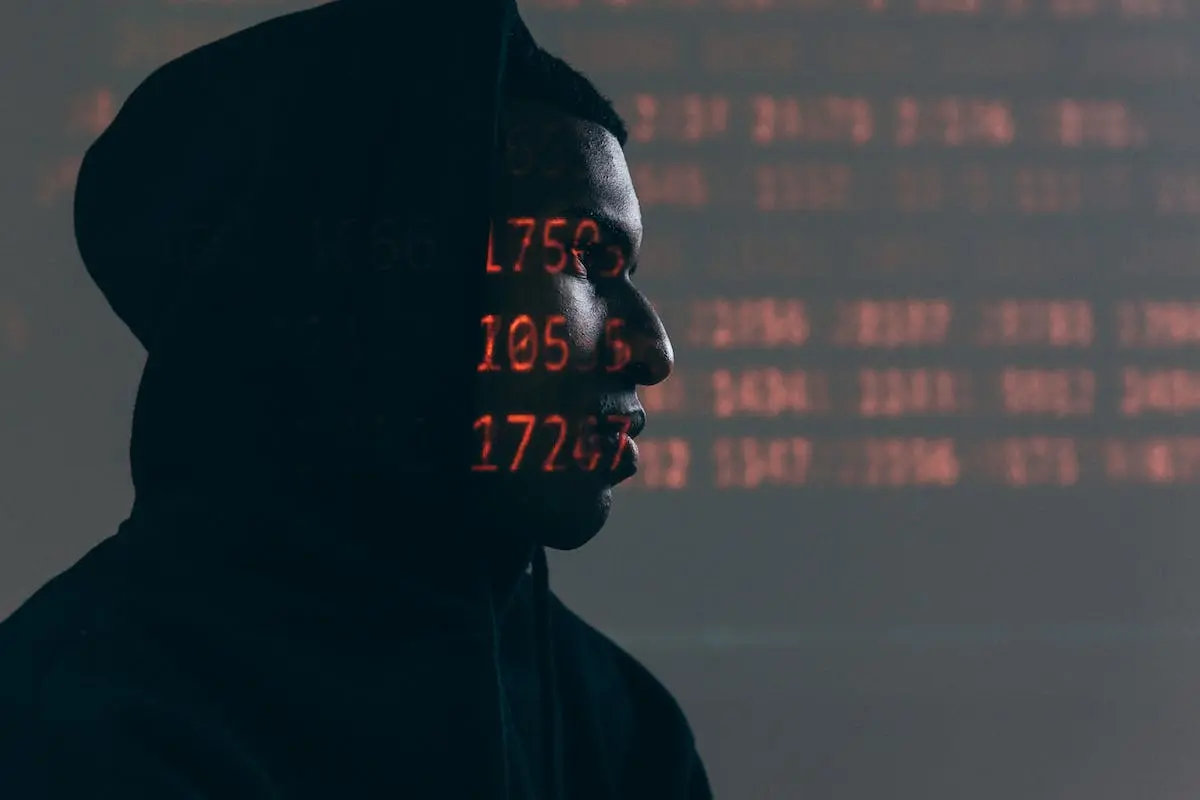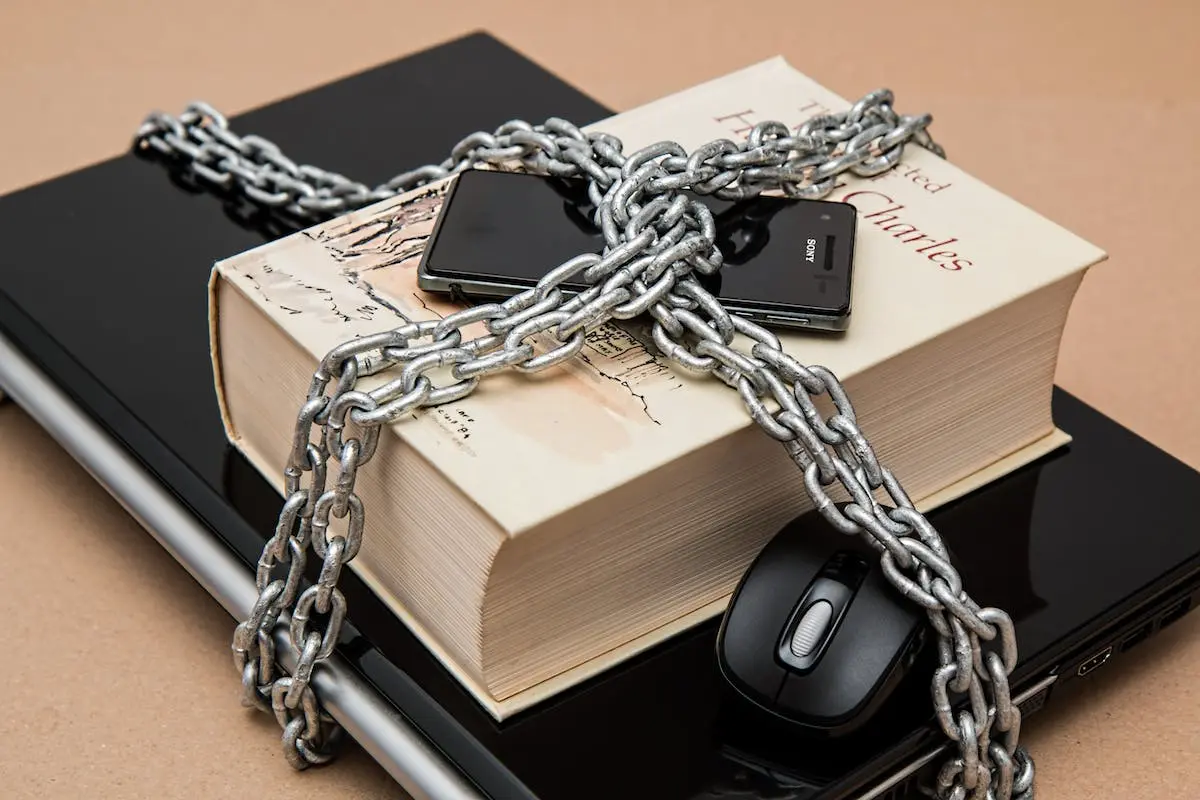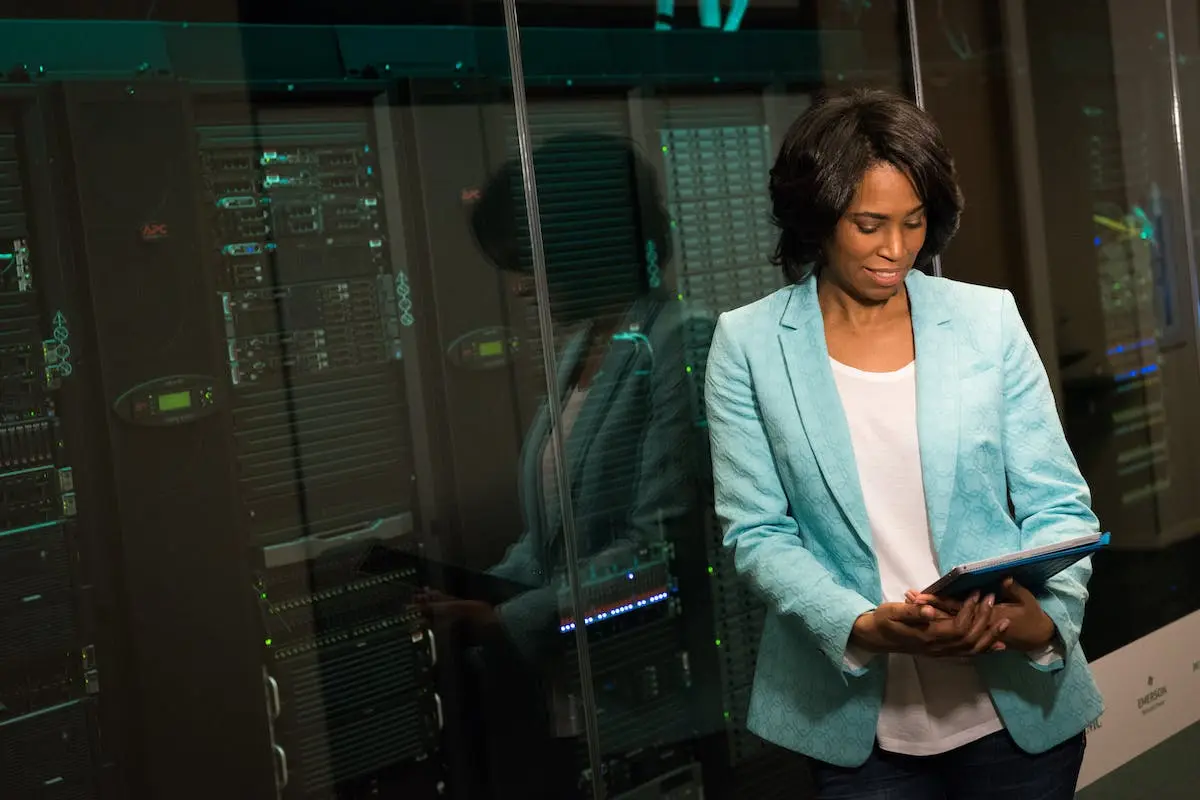Understanding cyber threats
Cyber threats are malicious activities that can harm your computer, network, or data. It’s important to be aware of common cyber threats to protect yourself and your data from potential harm.

Identifying potential cyber threats
Cyber threats can come in various forms, such as phishing, malware, and social engineering. It’s crucial to be cautious about suspicious emails, links, or downloads, as they could be attempts to compromise your computer’s security. Take care to continually update your infrastructure hardware and software to help protect against malware, and employ strong, unique passwords to safeguard your personal information. Regularly back up your data to prevent data loss in case of a security breach.
Steps to protect against cyber threats
Install antivirus software and keep it updated to protect against malware and other cyber threats. Enable firewalls on your devices to prevent unauthorized access. Use strong, unique passwords for all your accounts and consider using a password manager. Regularly update your operating system, software, and apps to patch security vulnerabilities. Be cautious of suspicious emails, links, and attachments, and avoid clicking on unknown links. Educate yourself and stay up to date on the latest cyber threats and common tactics used by cybercriminals. Consider backing up your important data regularly to a secure location. All of these steps and services are just a fraction of what Single Point Global can help you with in your journey to protect yourself against cyber criminals.

Importance of regular software updates
Regular software updates are essential as they help to patch vulnerabilities and fix bugs that could be exploited by cyber threats. Software companies regularly release updates to provide important security enhancements, bug fixes, and new features to protect your devices from potential cyber attacks. It is crucial to install these updates as soon as they are available to keep your devices and data safe from cyber threats.
Creating strong passwords
Creating strong passwords is crucial for protecting your online accounts from cyber threats. A strong password should consist of a mix of uppercase and lowercase letters, numbers, and special characters. It’s recommended to use a password manager to generate and store complex passwords for each of your accounts. Avoid using easily guessable information such as your name, birthdate, or common words. Changing your passwords regularly and enabling two-factor authentication can also enhance your account security.

Identifying phishing and social engineering attacks
Phishing and social engineering attacks are common tactics used by cybercriminals to trick individuals into revealing sensitive information or performing certain actions. Single Point Global leverages IRONSCALES to educate your employees with Cyber Security Training to help them identify cyber threats. Here’s what to watch out for:
- Phishing attempts often involve fake emails, messages, or websites that appear to be from legitimate sources, like banks or companies.
- Social engineering tactics rely on manipulating people into providing confidential information or performing actions through psychological manipulation or deceptive communication.
Being aware of these tactics and being cautious when interacting with online communications can help protect you from falling victim to these types of cyber threats.
Backing up your Data!
Backing up your data is essential for protecting your business. It involves making a copy of your important files and storing them in a separate location. Single Point Global and our Backup As A Service offering follows the 3-2-1 backup strategy and is a popular approach to data storage backup that can help protect your data from loss or corruption. The rule follows these requirements:
- 3 Copies of Data: Maintain three copies of data—the original, and at least two additional copies.
- 2 Different Media: Use two different media types for storage. This can help reduce any impact that may be attributable to one specific storage media type.
- 1 Copy Offsite: Keep one copy offsite to prevent the possibility of data loss due to a site-specific failure.
By following this rule, you can ensure that your data can be recovered in almost any failure scenario. It’s important to note that the 3-2-1 rule should be considered a baseline, and many organizations mandate more than three copies of managed data.
When implementing a 3-2-1 backup strategy, it’s important to consider factors such as reliability, ease of use, security, cost and capacity, recovery time objective (RTO), and recovery point objective (RPO).
Remember, backing up your data is an important step in protecting it from loss or corruption.

Summary and next steps
It’s important to stay vigilant and proactive in the face of potential cyber threats. We at Single Point Global are here to protect your data, your employees, and your infrastructure utilizing enterprise grade products and services. Reach out to us today to learn about our cyber solutions including:
- Email Security
- Cyber Security Awareness Training
- Application Whitelisting with Ring Fencing Technology
- ZeroTrust Solutions
- Dark Web Monitoring
- Security Information and Event Management Solution (SIEM) with 24/7/365 Endpoint Detection and Response (EDR) and SOC services.
- Enterprise Network & Server Management
- Real Time Vulnerability Management
Contact us today at 888-231-9317 or by emailing info@singlepointglobal.com. Find out about more solutions by visiting our website at www.singlepointglobal.com.

